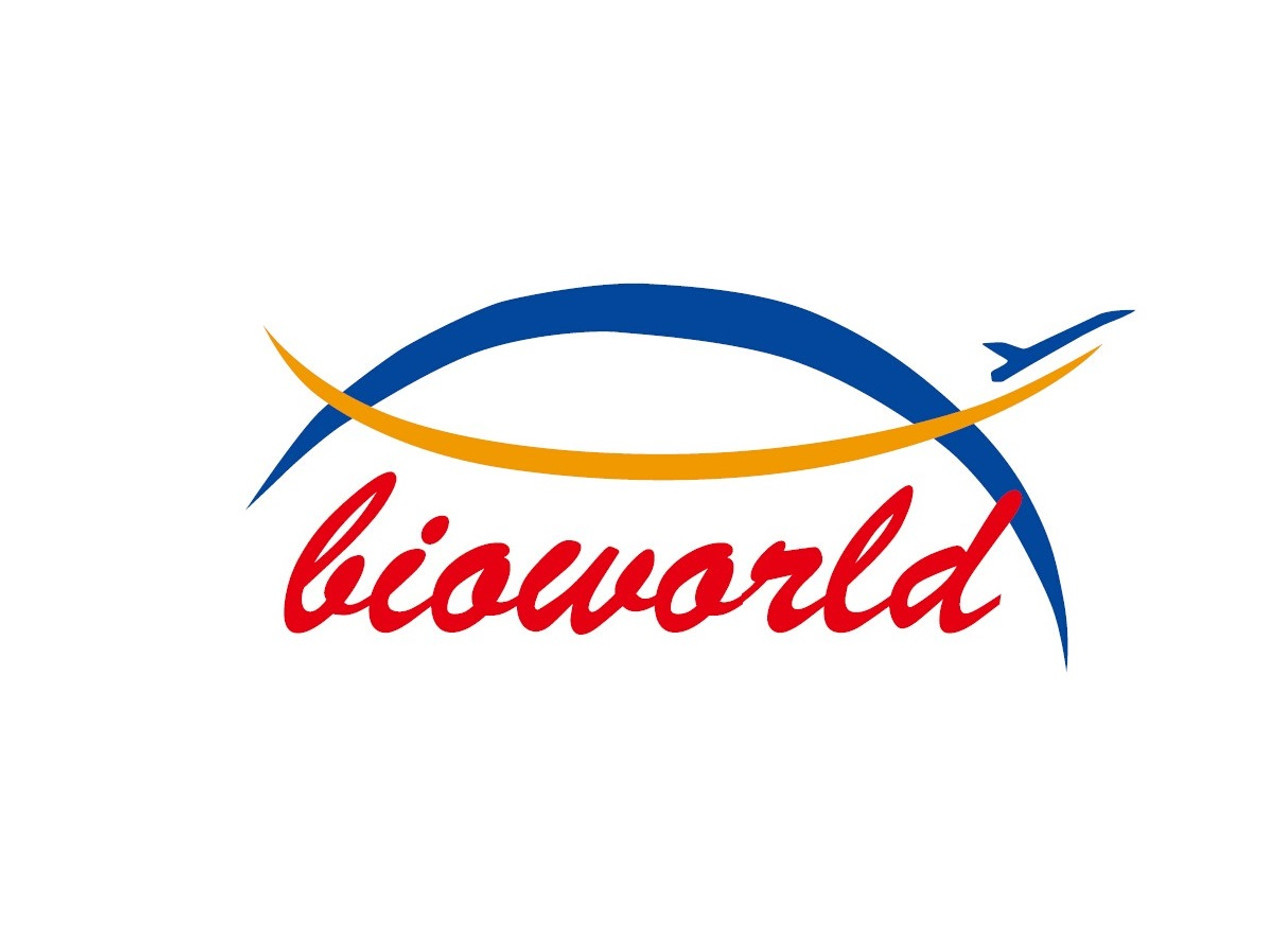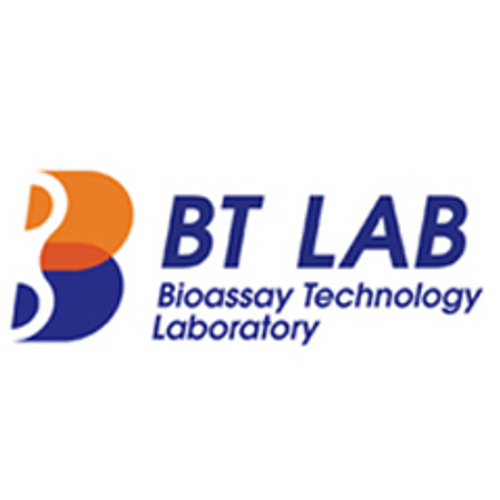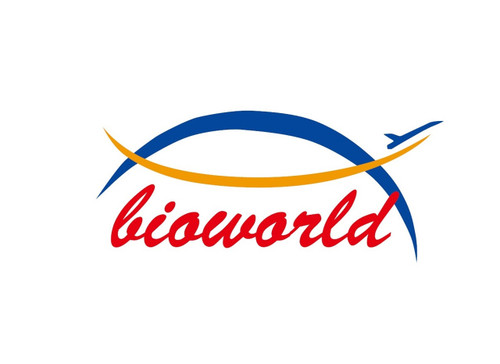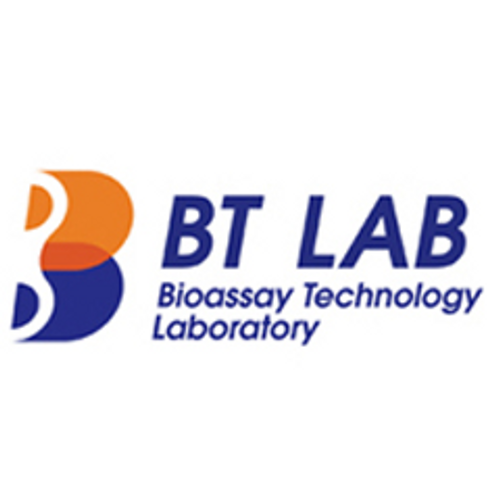Product Description
Tie-2 (phospho-Y1108) polyclonal Antibody | BS4881 | Bioworld
Host: Rabbit
Reactivity: Human,Mouse,Rat
Application: WB
Application Range: WB: 1:500~1:1000
Background: Receptor tyrosine kinases play key roles in signal transduction across cell surfaces in biological systems, including the vascular system. These receptors comprise a large and diverse family of catalytically related proteins that, on the basis of sequence and structural similarities, can be divided into several different evolutionary subfamilies. The cloning and characterization of Tie-1 (also designated Tie), a novel human endothelial cell surface receptor tyrosine kinase, has been reported. The extracellular domain of the predicted Tie-1 protein product has an unusual multidomain structure consisting of a cluster of three epidermal growth factor homology motifs localized between two immunoglobulin-like loops, which are followed by three fibronectin type III repeats next to the transmembrane region. An additional member of this family has been identified as Tie-2 (also designated Tek) . Tie-1 and Tie-2 have been shown to be encoded by distinct genes and to represent members of a new class of receptor tyrosine kinases.
Storage & Stability: Store at 4°C short term. Aliquot and store at -20°C long term. Avoid freeze-thaw cycles.
Specificity: p-Tie-2 (Y1108) polyclonal Antibody detects endogenous levels of Tie-2 protein when phosphorylated at Tyr1108.
Molecular Weight: ~ 160 kDa
Note: For research use only, not for use in diagnostic procedure.
Alternative Names: Angiopoietin-1 receptor; Endothelial tyrosine kinase; Tunica interna endothelial cell kinase; Tyrosine kinase with Ig and EGF homology domains-2; Tyrosine-protein kinase receptor TEK; Tyrosine-protein kinase receptor TIE-2; hTIE2; p140 TEK; CD202b; TEK; TIE2; VMCM; VMCM1
Immunogen: Synthetic phosphopeptide derived from human Tie-2 around the phosphorylation site of Tyrosine 1108.
Conjugate: Unconjugated
Modification: Phosphorylation
Purification & Purity: The Antibody was affinity-purified from rabbit antiserum by affinity-chromatography using epitope-specific immunogen and the purity is > 95% (by SDS-PAGE) .
Pathway:
 Euro
Euro
 USD
USD
 British Pound
British Pound
 NULL
NULL








